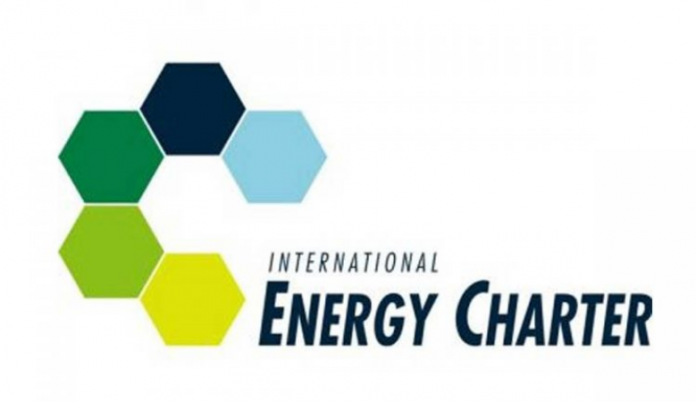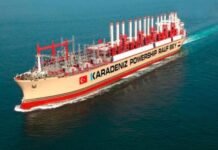
ISLAMABAD: Two leading European non-profit research and advocacy groups Corporate Europe Observatory (CEO) and Transnational Institute (TNI) have cautioned Pakistan may be at risk of investment arbitration lawsuits if it formally signs an International Energy Charter Treaty (ECT).
Influential investors under the ECT have prosecuted several countries for $35 billion at several international tribunals, reported Dawn.
It is the first comprehensive study which has been conducted by TNI and CEO on the effects of ECT.
Since 2006, the country has remained an observer to the ECT and expressed keenness to become a full member, which would provide access to larger investments and energy funding.
Currently, ECT has around 88 members with the majority constituting from Europe.
According to the report, ECT is an influential tool in the hands of large oil, gas and coal companies which permits them to dissuade governments from moving to clean energy.
The report questioned as to why Pakistan had expressed willingness to become a full member of the ECT considering investment arbitration was contentious in the country.
It added the government had introduced a fresh Bilateral Investment Treaty model which was aimed at limiting the rights of investors, a move which could be threatened by the signing of the ECT.
The report provided proof of how energy companies were indulging in utilizing little-known international investment agreement to prosecute governments for $35 billion at global tribunals.
It added the ECT had provided private lawyers and corporations significant sway over future energy systems and binding nations to corporate-friendly energy policies.
The report pinpointed Pakistan was presently making efforts to revoke an $800 million arbitration award given to a Turkish entity in the Karkey Rental Power case and found it odd that Poland and Turkey were hosting Pakistan as outreach embassies for the ECT secretariat to provide political support to its outreach drive and indulge in their own promotion.
Also, the report remembered when the country was hit by its 1st investor-state lawsuit in 2001 rooted in a 1995 bilateral treaty with Switzerland, the government had been unable to furnish the text and had to rely on Switzerland for a copy.
It highlighted about Pakistani and Chinese investors were extracting dirty lignite coal in Thar desert for powering new power plants and the local population there was involved in a tussle to stop the procurement of their ancestral land due to worries of mines polluting the air, exhausting groundwater in the drought-hit area and destroy livelihoods.
The report cautioned these coal-fired power plants would emit billions of tons of carbon dioxide into the atmosphere worsening aggravating climate change.
It added if Pakistan and China became ECT members, this would allow Chinese investors to sue the former in case it decided to meet its climate commitments and keep coal in the ground.
Although both countries have entered into a bilateral investment treaty, its limited in the scope as the only amount of compensation for an expropriation could be subject of an investment arbitration.






